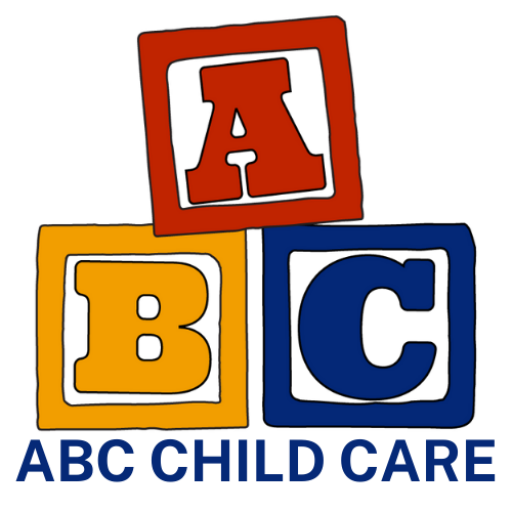Extending Learning at Home
While your child is experiencing a jam packed day of learning, discovery and academics at school, parents play a huge role in setting the foundation for successful learning. We know that it can be hard sometimes to think of fun learning activities after a long day at work or school. So we’ve come up with a few fun things that children of all ages will enjoy!
I Spy
(Cognitive development)
Not just a road trip favorite, this game is easily modified for different age groups. For younger children you can spy colors, shapes, and numbers. As your child gets older add in specifics such as- “I spy something purple and fuzzy that can fit in my hand.” To help with letter sounds and recognition in pre-k and kindergarten you can ‘spy’ things that begin with sounds. “I spy something that starts with this sound-mmmmm” or ‘I see a letter that comes before 5 and after 3” are just a few examples. This game doesn’t require any prep or materials, and can be vastly entertaining to play at home or in new environments.
NomNom Noodles
(Fine motor)
Some food is for eating, and some food is for playing, and luckily enough, noodles can be both! Cooked and uncooked noodles are great sensory for younger children who can squish, squeeze, pinch, and mash to help strengthen hands and arm muscles. As they get older, they can string noodles together on yarn or string to make necklaces, or use small amounts of water to stick noodles together to make a noodle castle. All that careful stringing, poking, pinching and threading helps keep hands strong for pencils and scissors.
Silly Songs
(Language development)
You may not be a world famous singer, or even the least bit musically gifted, but to your child you are the biggest and brightest star in their world. Singing to, with, and about your child can help strengthen their language, introduce new vocabulary, and expand on words and concepts that have been previously formed. Children love nothing better than when you get silly with them, and singing about their soft curly hair, stinky feet, or big blue eyes, gives them good descriptors to expand vocabulary. When singing try to use words that are just a little more advanced than their current language skills, introduce new silly words with different sounds, and try to use past, present and future tense.
Commuting Classroom
(Letter recognition)
Your time in the car can be fun and educational at the same time! On the way to school you can look for letters and numbers on license plates, billboards, and businesses. We suggest picking one letter or number per trip and focusing on it. As they get older it can become more difficult. For example, you can find an uppercase letter and have your child find the matching lower case. For younger children you can use colors, and talk about the cars as they pass. Using words like ‘in front’ ‘behind’ and ‘left/right’ are extremely helpful in building special awareness.
As always remember to have fun, these first few years are the best!

